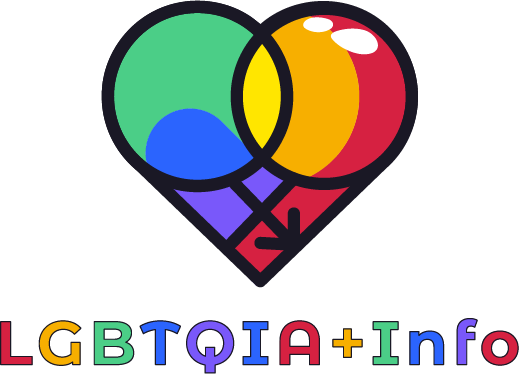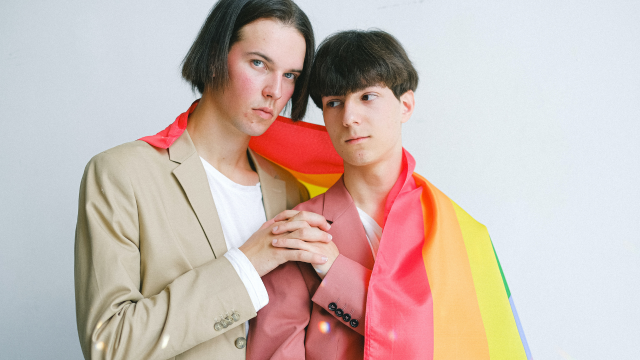Those who are born with biological variances in sex traits that do not conform to conventional male or female binaries are referred to be intersex. Those who are intersex are born with characteristics that are neither strictly masculine nor female. The purpose of this page is to help readers get a thorough familiarity with intersex, from the definition of the word to intersex identity to the lived experience of intersex people to suggestions for how society might better assist intersex people.
What is Intersex?
The word “intersex” refers to people who exhibit a range of chromosomal, hormonal, and anatomical differences between the sexes at birth. Intersex people may not have conventionally male or female reproductive organs, genitalia, or sex chromosomes. It is estimated by Intersex Human Rights Australia that 1.7% of the population is intersex.
Intersex Identity
One way in which intersex people define themselves is via their intersex identity. Some people who are intersex identify as men, some as women, and yet others as neither a man nor a woman. Keep in mind that not everyone who identifies as intersex really is. Some people may identify as feminine, others as male, and some as neither.

Experience of Intersex People
The biological differences of intersex persons make them targets of prejudice, discrimination, and stigma. To fit into binary sex norms, intersex infants may be subjected to medical procedures that are both unneeded and potentially dangerous. Genital surgeries, hormone therapy, and other unnecessary medical procedures fall under this category.
Stigma and prejudice experienced by intersex people may contribute to the development of mental health problems such as anxiety, despair, and trauma. Because of their intersex status, they can have trouble getting the treatment they need, going to school, or finding a job.
Intersex Advocacy and Support
Intersex advocacy and support groups have been formed in recent years with the goals of increasing people’s understanding of intersex concerns and advocating for the rights of intersex individuals. These groups are fighting for the rights of intersex people and challenging harmful practices, such as performing needless medical procedures on intersex youngsters.

How Society Can Better Support Intersex Individuals
Acceptance and inclusion may help society better assist intersex people. This involves advocating for intersex rights and raising awareness about intersex concerns. As a society, we can do more to protect intersex people by speaking out against damaging procedures like genital surgery on children who identify as intersex.
Conclusion
Those born with biological variances in sex traits that do not conform to conventional male or female categories are referred to as intersex. Stigma, discrimination, and prejudice towards intersex people create a hostile environment for them. Acceptance, inclusion, and the combating of harmful behaviors are all ways in which society may better help intersex people.

